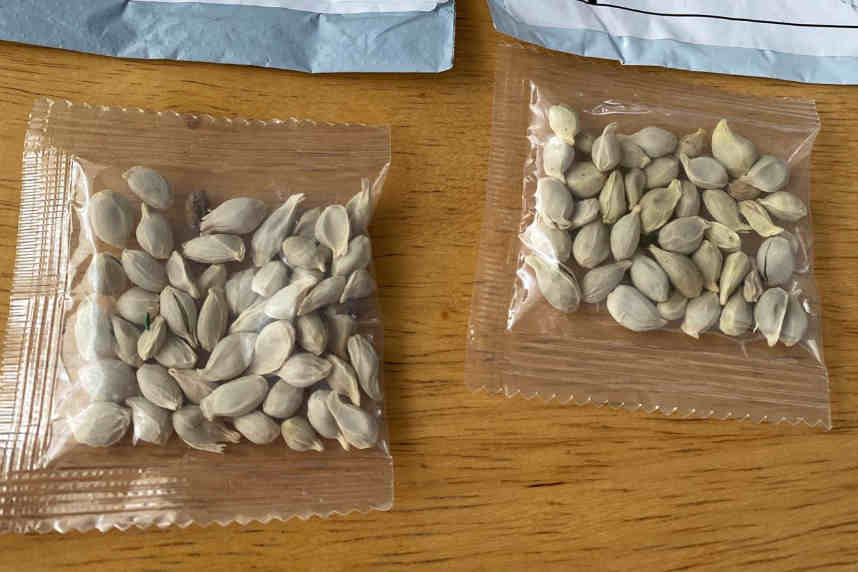Amazon.com Inc. has prohibited the sale of foreign seeds in the US. This new restriction is a result of the incident that happened earlier this summer, where thousands of Americans received suspicious packages of seed, mostly postmarked from China. The US Department of Agriculture has identified more than a dozen plant species from this unsolicited packages and has warned the residents not to plant the seeds that may harm commodity plants.
The Wall Street Journal: The unsolicited seeds were mostly postmarked from China and the shipments were labeled jewelry, toys or other goods

In an exclusive report by The Wall Street Journal, it announces that Amazon.com Inc. is barring foreign sales of seeds into the U.S., The Wall Street Journal reported over the holiday weekend, and e-commerce company Wish will ban the sale of seeds. Amazon said sales of plants from outside the U.S. would also be barred and some overseas sellers would have their offers removed from the site.
The e-commerce companies’ actions to restrict and eliminate seed sales came after thousands of people in the U.S. over the past few months received seeds by post they say they didn’t order. Most were postmarked from China, and the shipments were often labeled as jewelry, toys or other goods. Canada and the U.K. are among other countries that have also experienced the phenomenon.
U.S. officials have raised concerns about the ease of importing seeds online, citing threats to American agriculture posed by pests or diseases that such shipments could contain. E-commerce experts say that restricting online seed sales will help solve the problem by cutting off major retail avenues for foreign seeds to enter the U.S.

CBS News: The packages could be a “brushing” scam

In a similar report by CBS News, it disclosed that the Agriculture Department has said the packages could be a “brushing” scam, in which a seller sends unsolicited items to someone and then posts false positive customer reviews to boost sales.
“Brushing scams involving seed packets in international mail shipments are not uncommon,” the USDA said in June. “U.S. Customs and Border Protection (CBP) has intercepted similar seed shipments in recent years.”








